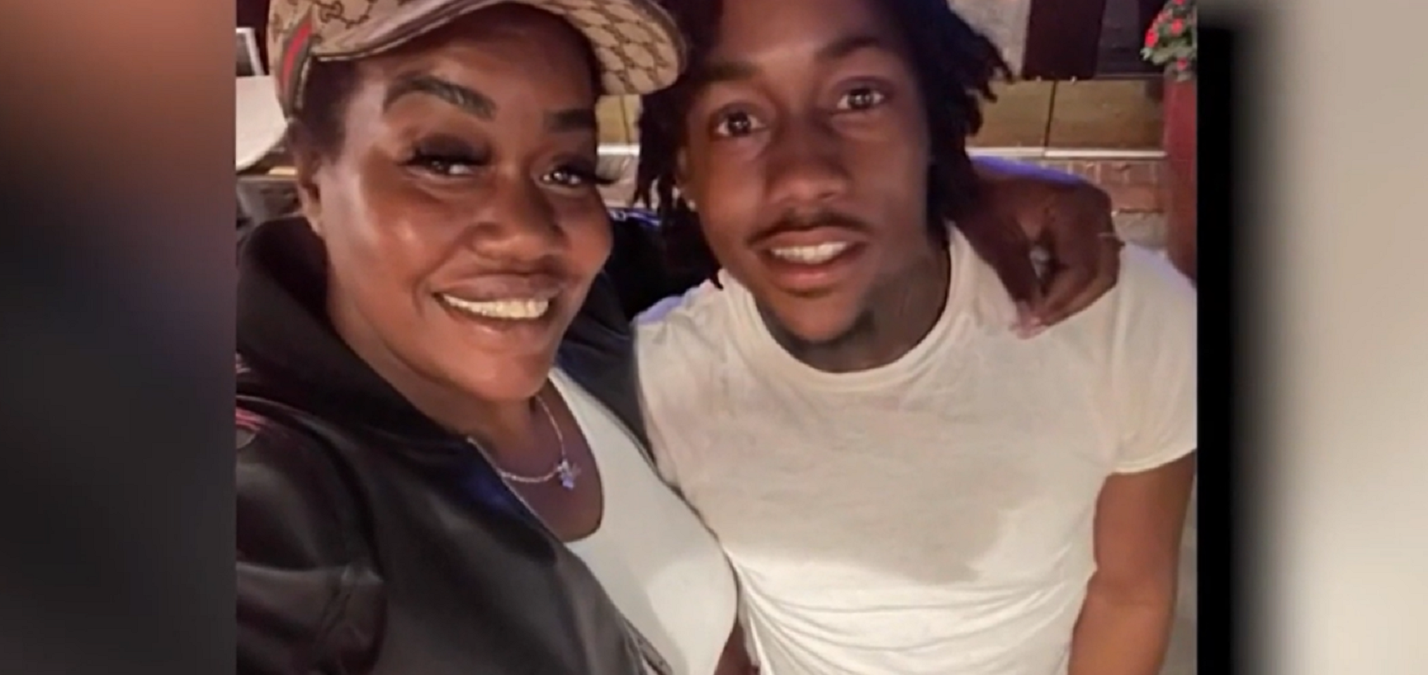A former campaign fundraiser for imprisoned ex-Gov. Rod Blagojevich and U.S. Rep. Jesse Jackson Jr. pleaded not guilty Wednesday after being arrested on fraud charges related to his outpatient surgery centers.
A judge set bond Wednesday for Raghuveer Nayak at $10 million. Nayak agreed to post six properties in Indiana and Illinois and was released from custody immediately after a brief hearing in federal court.
He was accused of paying bribes and kickbacks to physicians for patient referrals and filing false federal income tax returns. FBI agents detained Nayak on Wednesday at his home in a gated community in Oak Brook.
Nayak, who owns outpatient medical centers in Illinois and Indiana, was charged in a 19-count indictment with mail fraud, interstate travel in aid of racketeering and filing false income tax returns for 2005 to 2008.
"Over the course of the scheme, Nayak paid hundreds of thousands of dollars to different physicians in exchange for the referrals that the physicians had made or would make to Nayak's facilities," according to the indictment. "As Nayak intended, the physicians materially deceived their patients by not disclosing to the patients that their physicians were being paid to make referrals to Nayak's facilities."
Prosecutors are seeking $1.8 million in Nayak's "alleged fraud proceeds," including forfeiture of his Oak Brook home and two surgery centers. Authorities allege the fraud took place from 2000 to 2010.
While he was never charged and didn't testify during Blagojevich's corruption trials, Nayak's name has come up in connection with them. He has also been mentioned in a House Ethics Committee probe over Jackson's alleged ties to Blagojevich.
Nayak previously told the feds Jackson Jr. offered money to Blagojevich to fill now-President Barack Obama's old U.S. Senate seat. Nayak said Jackson instructed him to offer Blagojevich as much as $6 million for the seat -- $1 million from the Indian community and $5 million from a fund-raiser that Jackson Jr. would organize.
Nayak's allegations countered Jackson Jr.'s public statements that he never authorized deals to buy the Senate seat.
It wasn't the only mention of the money. During the first Blagojevich trial, Robert Blagojevich testified he was approached twice by members of Chicago’s Indian-American community, offering as much as $6 million for the Blagojevich campaign, if Jackson was appointed to the Obama senate seat.
Nayak, a longtime friend of Jackson, also reportedly told the FBI that the congressman directed him to buy plane tickets for a woman described as Jackson's "social acquaintance." The issue came up on the campaign trail during Jackson's 2010 re-election and in the March primary, which the Democrat easily won. Jackson has since called it a personal matter that he and his wife have dealt with privately.
After Blagojevich was sentenced, an ethics committee revived its investigation of Jackson Jr.'s involvement in the matter.
Jackson, who first won office in 1995, has not been charged and has repeatedly denied wrongdoing. He remains under investigation by the House Ethics Committee. Jackson's spokesman declined to comment Wednesday.
Local
Nayak was a major campaign contributor, giving nearly $500,000 to candidates between 2000 and 2008, according to the Illinois Campaign for Political Reform. About 40 percent of that amount went to Blagojevich, with the rest being contributed to a who's who of state and national political figures, most of them Democrats.
The group found that Nayak contributed about $12,000 between 1998 and 2008 to Jackson, with most of those contributions coming in $2,000 increments, the largest amount he was allowed by law to give to federal candidates per election cycle.
Nayak was represented at the hearing by Thomas McQueen, a Chicago attorney. He declined to comment about the charges after the hearing.
Blagojevich began serving a 14-year-old sentence on 18 corruption convictions in March.
The Associated Press contributed to this report



